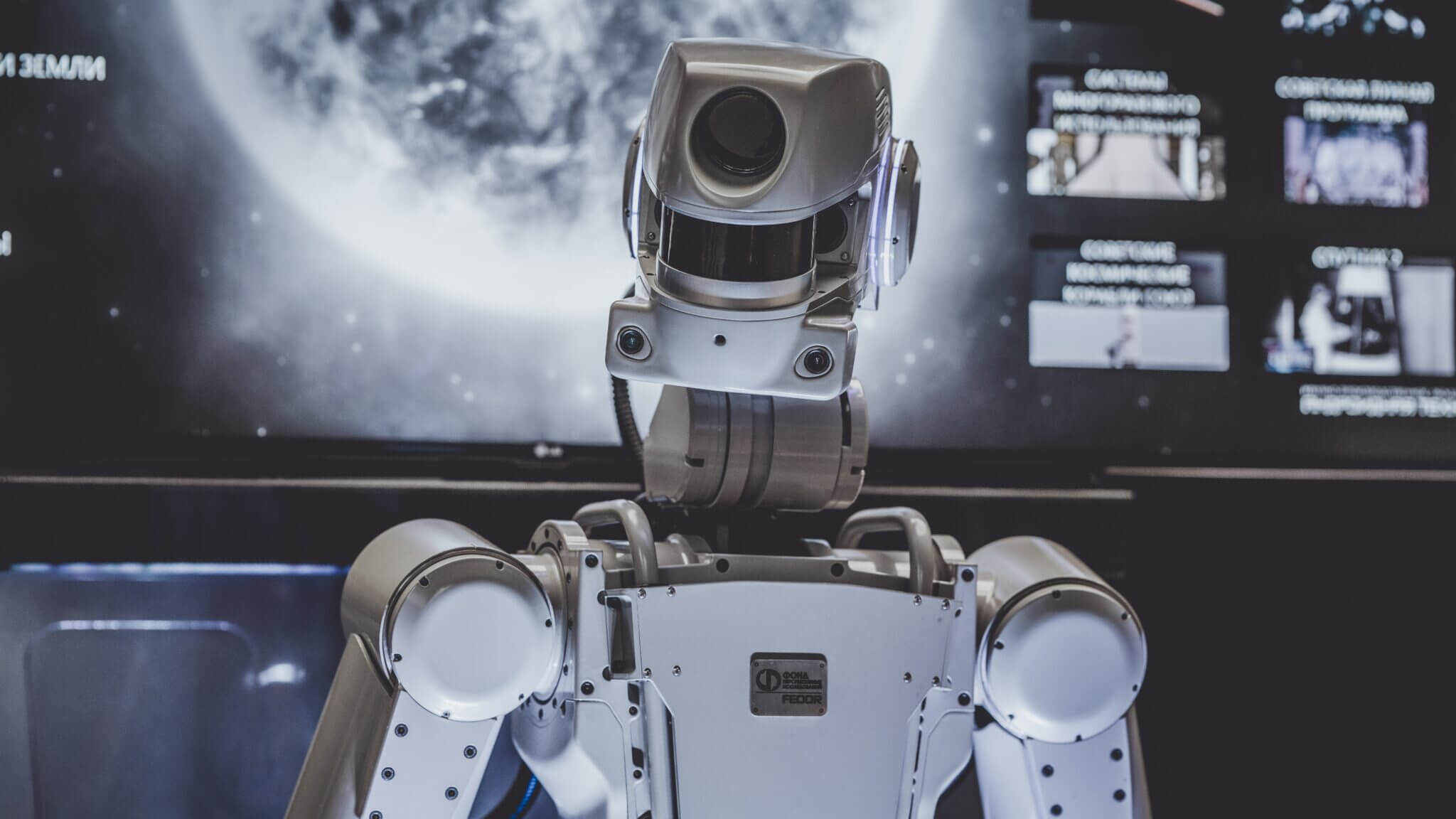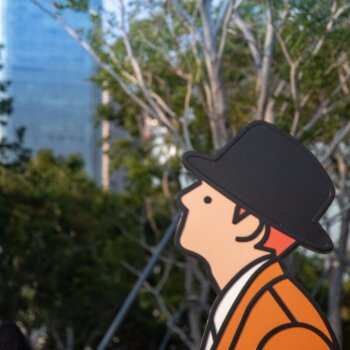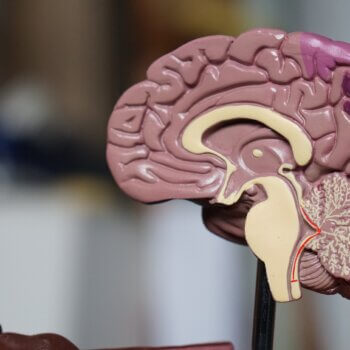The Singapore police are to deploy two robots, named Xavier, on the streets of the city-state, intended to detect what they consider “undesirable behavior”, such as smoking in non permitted areas, street vending, or violation of pandemic-related restrictions on gathering or movement. The robots will report any infractions to officers at a central control.
The deployment, still in testing phase, will last three weeks, and follows previous experiments, such as the use of Boston Dynamics’ well-known quadruped robot Spot to monitor social distancing measures in parks and gardens, robots deployed in hospitals to carry out disinfection, or courier robots tasked with home deliveries.
The Singapore government’s experiments make it possible to imagine a future in which encountering a robot on the street would be normal, just as coming across a police officer is, but with greater scalability and automation of these surveillance tasks. The big question, obviously, is to what extent such automated surveillance measures are acceptable: in many ways, what people want is for the basic rules of coexistence to be respected, and whether surveillance of these rules is carried out by police officers or robots makes no difference. However, robots still suggest a dystopian society, as opposed to the human touch a police officer can sometimes provide.
Is the public’s aversion to the use of robots for law enforcement justified, or is it simply a problem stemming from a lack of familiarity with this type of technology? If we understand social coexistence as a contract that dictates a set of rules, should we consider the use of technologies such as robots to guarantee them to be beyond the limits of what is socially acceptable, or is it simply an extension of the work of the police, and therefore as acceptable as having officers patrolling the streets, or cameras monitoring every corner of our towns and cities? When their use began a few decades ago, cameras were seen as controversial, but we now largely accept them, possibly with the possible exception of their use in combination with facial recognition technologies. Is there a big difference between our cities bristling with cameras, and those cameras being mounted on a device with some mobility?
Will future generations see the use of robots on the streets as normal, as a part of the urban landscape intended to ensure reasonable social coexistence, or will they be seen as an invasion of our privacy and another step closer to a police state? Is acceptance dependent on how safe the society in question is, or is it an offensive or controversial use anywhere? Is this yet another indication of where we are headed and whose use will simply become normalized over time, or are we tearing up the social contract and creating surveillance societies?





























